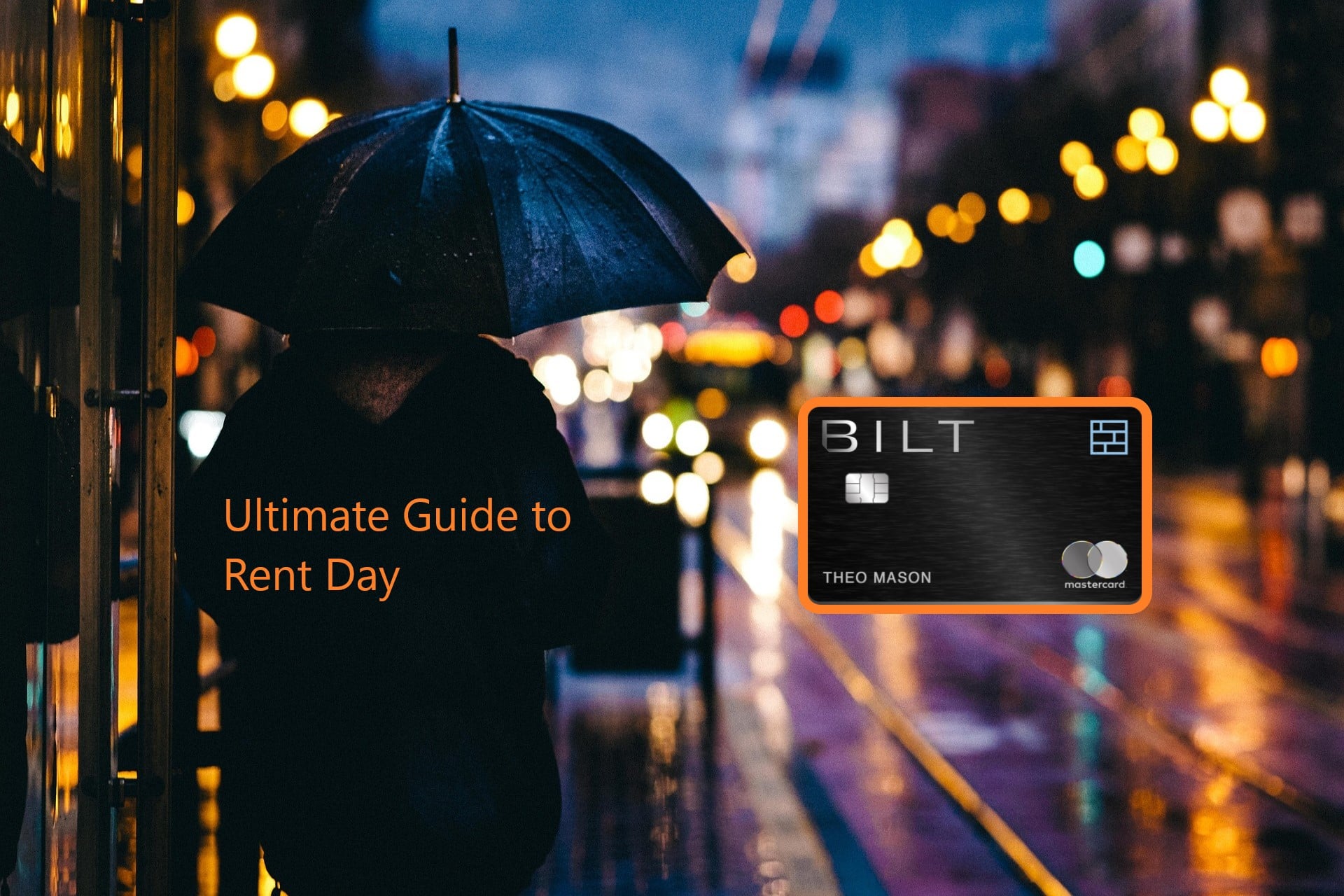At a Glance
- Merchant Category Codes help businesses classify their industry and types of goods sold
- MCCs are 4-digit numbers
- Different issuers have different MCCs, so always read the terms & conditions for each card
- Research before making purchases to earn maximum rewards
What is a Merchant Category Code?
A merchant category code (MCC) is a four-digit number used to classify a business by the type of goods or services it provides. Each MCC corresponds to a specific industry or type of goods and services. For example, a clothing store might have an MCC of 5651, while a restaurant may have an MCC of 5812. These codes help credit card issuers determine the appropriate reward rates or bonus categories for each transaction.
When you make a purchase using your credit card, the merchant’s MCC is included in the transaction data. The credit card network then uses this code to determine the applicable rewards or bonus category for that transaction. For instance, if your credit card offers extra rewards for purchases at grocery stores (MCC 5411), you will earn a higher reward rate when you shop at a supermarket.
Here are a few other commonly used MCC codes you might experience in your everyday life:
- MCC 5411: Grocery Stores
- MCC 5812: Restaurants
- MCC 5541: Gas Stations
- MCC 7832: Motion Picture Theaters
- MCC 7999: Amusement Parks
- MCC 4111: Local and Suburban Commuter Transportation
- MCC 7399: Business Services
Why Are MCCs Useful?
Why do card issuers use MCCs? There are several reasons:
- To track purchases to categorize them for rewards programs.
- To help consumers track their spending. Using categories like this can be a huge help when budgeting since you can quickly identify where you spend the most.
- To aid in fraud prevention. Since card issuers can use MCCs to track your spending, they can use them to flag an account when a purchase is made in a spending category that is unusual for the cardholder.
Another interesting use for merchant category codes applies to business credit cards. MCCs can prevent certain types of purchases; a business that issues corporate cards can opt to restrict employees from using their cards with company money for certain types of purchases. By arranging with the card issuer to reject any purchase made in a category applicable to a certain MCC, businesses can ensure that frivolous purchases are not permitted with company cards.
How Do MCCs Impact Credit Card Rewards?
Merchant Category Codes directly impact the rewards you earn with your credit card. When credit card issuers design reward programs, they assign different rates based on the merchants’ MCCs. For example, a credit card may offer 2X points for purchases at grocery stores (MCC 5411) but only 1X points for general purchases (MCC 0000).
Why Do Some Purchases Count Towards Rewards, While Others Do Not Qualify?
It is important to note that not all credit card issuers use the same MCCs or reward structures. Some credit card networks may have more specific codes, while others may have broader categories. Therefore, it is essential to familiarize yourself with the MCCs associated with your credit card and understand how they align with the bonus categories offered by your card issuer.
Merchant category codes can be tricky, so it’s important to remember two things:
- Each card network assigns its own MCCs; therefore, Visa may characterize a merchant differently than Mastercard.
- If a merchant has more than one line of business, the MCC assigned to them may not reflect every type of good or service they sell.
How Do I Find Out What the MCC for a Business Is?
The easiest way to determine what type of merchant purchases qualify for the rewards program you’ve signed up for is by calling your card issuer directly. Granted, calling customer service can be time-consuming and frustrating, but your best resource will likely be the company that processes the payments using the merchant category code.
If calling your card issuer doesn’t pan out, don’t worry – there are other ways to find out the MCC for a merchant you’d like to purchase. Some card issuers, like Visa, publicly list their suppliers and the MCC associated with each vendor. Visa even has a website dedicated to this; you can visit it at your convenience and search it quickly to find the information you need.
If you want to make a large purchase and would like to earn rewards from it but are unsure if it will fall under the correct merchant category code for your rewards program, try making a small purchase with your card first. This allows you to use your credit card statement as a resource: each time you make a purchase at an establishment, you can then check your statement to see if the purchase did indeed generate points, miles, or other rewards based on the MCC for the merchant. If your statement reflects rewards from the purchase, you can easily verify that all purchases from that particular seller will generate rewards.
And if worse comes to worst, you can always ask the business if they know what MCC they qualify under. While the cashier or stock boy may not know, it’s a good bet that the owner of a small business will know their merchant category code. If not, additional research may be necessary. The IRS also publishes a list of MCC codes. It is not updated often, so remember that it may not be comprehensive or accurate.
Tips for Maximizing Rewards Using Merchant Category Codes
To maximize your credit card rewards using Merchant Category Codes, consider the following helpful tips:
- Read the terms & conditions: Familiarize yourself with the MCCs associated with the bonus categories your credit card offers. This knowledge will help you identify which businesses qualify for higher reward rates.
- Purchase strategically: If you have a credit card that offers bonus rewards in specific categories, plan your purchases accordingly. For example, if you know you’ll make a significant purchase at a furniture store, look for merchants with the corresponding MCC to earn extra rewards.
- Use multiple credit cards: If you have multiple credit cards with different bonus categories, use the one with the highest rewards for a particular purchase. By strategically using different cards, you can maximize your rewards across various spending categories.
- Stay updated on MCC changes: As noted, Merchant Category Codes can occasionally change, so staying informed is important. Regularly check for updates from your credit card issuer or use online resources to ensure you earn rewards at the highest possible rate.
Conclusion
Understanding merchant Category Codes is essential for maximizing credit card rewards and taking full advantage of bonus categories. By familiarizing yourself with MCCs, you can strategically plan your purchases, earn additional rewards, and make informed decisions about the best shopping places. Whether you’re a frequent traveler, a food lover, or a small business owner, MCCs are a valuable tool in your credit card rewards tool kit.
Related Article: Ultimate Guide to Bilt Rent Day



